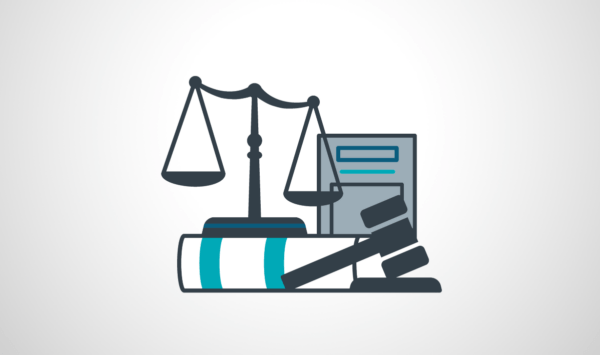
Using the phrase “social justice” in discussions of journalism often prompts criticism, “straw man” objections, and scapegoating. Like solidarity, the idea of social justice has been used and misused in popular discourse. Social justice is much more than a passing fad or a political buzzword. It is a central principle for ethical action dating back to the eighteenth century, including philosopher Immanuel Kant’s work.
Social justice means basic dignity for everyone
Social justice means dignity for everyone in a society. Dignity refers to people’s inherent worth, which is not earned, proven, or conditional on external evidence. Unlike certifications, diplomas, and other credentials, dignity is something we all possess by virtue of being people.
Kant distinguishes human beings from products with a market price or instrumental tools that are a “means to an end.” Dignity means that the value of human life can’t be measured with economic scales. While products are replaceable, people are not. As Kant wrote in 1785:
“Everything has either a price or a dignity. What has a price is such that something else can be put in its place as its equivalent; by contrast, that which is elevated above all price, and admits no equivalent, has a dignity.”
“That which constitutes the condition under which alone something can be an end in itself, does not have merely a relative worth, i.e. a price, but rather an inner worth, i.e. dignity.”
Although our basic dignity is inherent and indisputable from an ethical perspective, institutions and individuals in positions of power have regularly attempted to deny or dispute the existence of universal basic dignity. Solidarity reporting works to counter these false narratives, using clear criteria for recognizing when people’s basic dignity is at stake.
How do we know when people’s basic dignity is actually at stake?
Knowing when people’s basic dignity is at stake is essential for advancing social justice. This becomes challenging when individuals and groups attempt to claim that any inhibition of their freedom constitutes an attack on their basic dignity.
In a functioning society, inhibiting personal freedom is often necessary for the sake of the larger public: consider speed limits, crosswalks, and traffic lights. While a completely “free” driver might prefer not to drive within the speed limit, abide by traffic lights, or yield to pedestrians in crosswalks, the claim that traffic laws inhibit a person’s basic dignity is laughable. Still, some people continue to try to use the notion of basic dignity to demand that individual freedom be prioritized over everything – and everyone – else.
In solidarity journalism, dignity is a concrete matter of people’s basic needs for survival and safety: food to eat, stable shelter to sleep, clean water to drink, clean air to breathe, and a minimal public safety standard of not being subjected to violence in their everyday lives.
While these needs may sound like they only go unfulfilled for the unlucky few who live in unusually catastrophic circumstances, consider that the cost of living places many people’s basic needs at stake due to prohibitive costs of housing, groceries, and utilities including water, to name a few. In some of the most populated countries in the world, climate change has made clean air a fantasy for millions of people.
Solidarity reporting prioritizes people’s basic dignity by calling attention to when, where, and why people’s basic needs are at stake.
Resisting dehumanization through solidarity journalism
Defining specific groups of people as “less than human” is an unfortunately common rhetorical strategy for oppression. This strategy often draws on deeply entrenched prejudices and stereotypes. Such false narratives have been used throughout history to justify discrimination, violence, and systemic inequities that deny people’s inherent worth.
Solidarity journalism stands against attempts to dehumanize people, due to the simple fact that no human is “less than human” – even (and especially) if defining certain communities as less than human is politically advantageous for a party, movement, or power-seeking individual.
Solidarity journalism begins with a simple and truthful premise: basic human dignity is universal, unconditional, and indisputable.
Practicing solidarity journalism means that journalists put their commitment to social justice into action by making newsworthiness judgments, holding officials accountable through grounded definitions, and assessing the long-term impact of stories.
This resource is based on peer-reviewed research, available here: https://mediaengagement.org/solidarity-journalism-academic-research
If you would like PDFs of any of the scholarship linked above, please email anita.varma@austin.utexas.edu.


